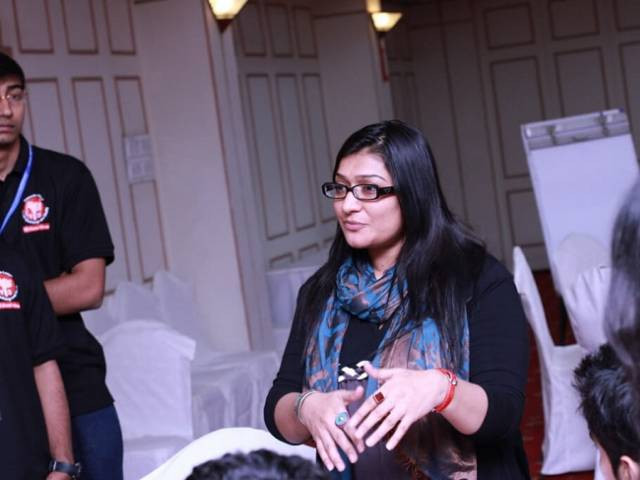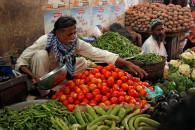16 Days of Activism: Safe digital spaces for women and girls in Pakistan shrinking
Around half of all women using the internet have faced online harassment

PHOTO: ONLINE
This was stated by, Department for International Development (DFID) Pakistan Head Joanna Reid and Digital Rights Foundation (DRF) Executive Director Nighat Dad on Thursday.
Reid said that the ‘16 Days of Activism Against Gender-Based Violence (GBV)’ is an international campaign which starts on November 25 (International Day for the Elimination of Violence Against Women and Girls) and ends on December 10 (International Human Rights Day). This year the United Nation (UN) selected the theme #HearMeToo.
The DFID head said that the theme had been selected in recognition of the attention and action which has been galvanised by online social movements and activism around GBV such as #MeToo, #TimesUp and #NotOneMore.
“It is simply not acceptable that 40 per cent of women in Pakistan have experienced online harassment,” she said while referring to a research conducted by the DRF in 2017.
“We cannot allow the internet to be a space where misogynistic views and behaviours fester, a place where democratic freedoms are curtailed rather than fostered,” Reid said.
She continued by stating that the transformative potential of access to digital technologies can help Pakistan unlock its own potential and strengthen accountability, but only if everyone feels safe in their digital space.
“Government, citizens, civil society, the media and the private sector must come together to make this happen,” she said.
“Did you know that 60 per cent of young people in Khyber-Pakhtunkhwa (K-P) have access to the internet? That is an amazing number and we could leave our positive feelings at that,” Reid said as she asked, “But what kind of digital space do they find? What kind of digital space should they have?”
Reid continued that she has only dipped her toe into social media; “I tweet, but I don’t ‘do’ Facebook or Instagram, anything which draws attention to my personal life. Why not? I do confess to being a digital dinosaur but to be honest, I’m also a little scared of what’s out there.”
“I don’t tweet anything controversial, but when once I asked a question on an issue related to women and work, I was shocked at some of the responses. I took it personally,” she said referring to the hostility women face online.
“Harassment is harassment, whether it takes place online or in the street. However, we need to balance the freedom that the internet gives people to explore new ideas, collaborate and connect with regulation and the right civil education,” she said, adding, “Which is why I am glad we have been part of this conversation of exploring how to get that balance right during the 16 Days of Activism.”
Dad stated that when she was young, modern technology like mobile phones and the internet were gaining popularity in Pakistan.
“I was not allowed to own one because I was told that mobile phones and technology is the root of all evil, that if I owned a mobile phone I’d make illegitimate relations with men. This is not a rare case, in fact, this still happens with millions of women in Pakistan and other conservative parts of the world,” she said and pointed out, “In the recent past, young girls and women have been killed in the name of honour because either they own a mobile phone, or because they were reclaiming online spaces on their own terms without the knowledge of their families or their communities.”
The troubles I faced in my life have made me uniquely aware of the lack of access women have to digital spaces, and thus, to meaningful lives in today’s world, she said.
The harrowing stories of women and minorities who face severe threats which extend to their physical safety and security are what drove me to found the DRF.
The creation of safe spaces requires the concerted effort of every person and entity in the world – we are all stakeholders here.
Published in The Express Tribune, December 7th, 2018.



















COMMENTS
Comments are moderated and generally will be posted if they are on-topic and not abusive.
For more information, please see our Comments FAQ